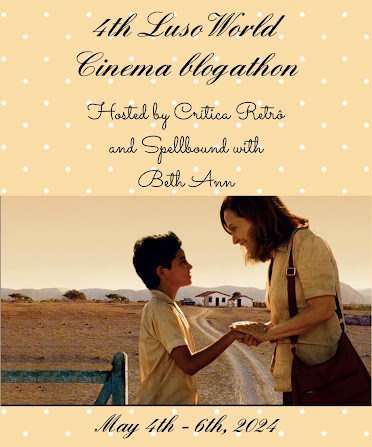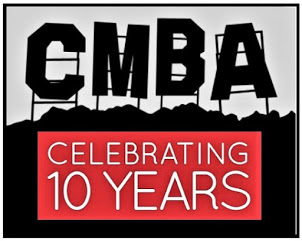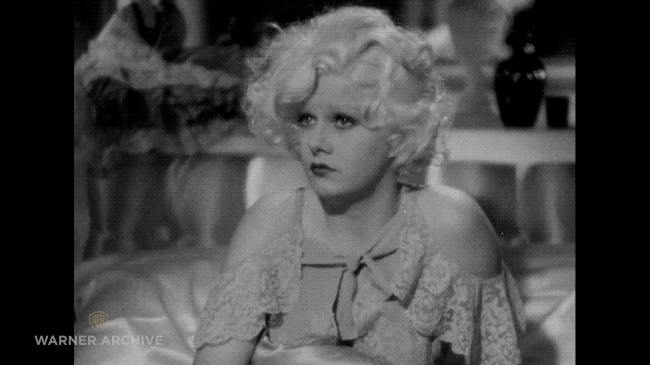
Zachary Scott tries to sell his family on the charms of rustic living.
We’ve just observed something we’ve never before seen in a classic Hollywood film.
Can you guess? Give up?
Houseflies. Yup, plain old Musca domestica Linnaeus.
We ask you: Have you ever seen a housefly anywhere near Cary Grant or Katharine Hepburn? We didn’t think so.
In the opening scenes of the 1945 drama The Southerner, an actor portraying a dying farm worker allows flies to crawl over his face as he lays in real dirt in a real field, and chokes out a few last words.
It’s a haunting scene but, unfortunately, it is one of the few realistic moments in this drama. Sadly, the rest of The Southerner relies on overly-studied shots as though the actors were posing for a painter or sculptor.
Funny we should mention that, because the director of this movie is Jean Renoir, son of famed painter Pierre-Auguste Renoir. Renoir (the younger) was an accomplished director in France before he fled to America in 1940. The Southerner is considered one of the best from his Hollywood years, and the Academy nominated him as Best Director for 1945.
The film stars Zachary Scott and Betty Field as a couple who quit the cotton sharecropping business and rent a piece of land to grow their own crops. It is a little weird, at first, to see Scott in the role of a hard-working farmer; we’re more familiar with him as the loafish playboy in Mildred Pierce. Still, Scott is fairly convincing as a man whose single-minded determination keeps him farming the land, no matter what.
And Scott’s character needs a lot of determination. The family faces near starvation, lack of fresh water, severe winter temperatures, hostile neighbours… Practically the only thing they don’t battle is volcanic lava.
This is a strange complaint, but the movie is almost too artfully done. Here is a film that is unafraid to show real flies in a real cotton field, then it suddenly abandons this notion of realism. For example, Scott and Field return to their house after a long day of plowing. Field removes her hat to reveal coiffed, silky hair. (What? Your hair doesn’t look like this after a day of toil in the dirt?) Adding to our annoyance is the absence of sweat or dust on the actors; in fact, there isn’t a wrinkle in their clothes.
Oh well. With all the hardships this family faces, perhaps they should have their unsullied good looks as consolation.
(On a side note, Beulah Bondi as the burdensome Grandmother is a real firecracker. She is almost like fingernails on a blackboard the way she gripes about her miserable life. In one scene, when she feels she’s had all she can take, she declares, “I’m goin’ back to the house, to sit and wait for my call to Glory.” Because we all know a life of endless complaint should be rewarded with everlasting Glory.)
We aren’t going to suggest you go out of your way to watch this film. It’s slow and lacks tension, and it draws too much attention to its careful scene composition. But if you’re looking for an example from Jean Renoir’s Hollywood years, this may be the one to see.
The Southerner: starring Zachary Scott, Betty Field, Beulah Bondi. Written and directed by Jean Renoir. United Artists Corp., 1945, B&W, 95 mins.








I’ve always found Jean Renoir to be an interesting director, but his English-language films always fall a bit short for me. I really like his French films, though (especially those with Jean Gabin). I also love his short “The Little Match Girl,” which starred his wife Catherine Hessling.
I have a soft spot for Zachary Scott, too, but I don’t think that he ever lived up to his potential. Although I agree that in retrospect it might be a bit jarring to see him in the atmosphere of “The Southerner,” at the time he had not been type-cast as a suave or menacing sophisticate. It was only his second film to be released and made it into theatres 6 months before “Mildred Pierce.” At the time of this movie’s release, he was just another un-tried actor, which probably worked to his advantage in a way it could not have a year or two down the road.
I’m glad that you review films that are not mainstream classics. I always enjoy reading them!
LikeLike
You’re right – Scott’s “newness” would have been beneficial to the movie @ the time. Thanks for your kind words. So much a has been said about the better-known classics that it’s hard to find something fresh to say.
LikeLike
You are welcome. I agree that it can be tough and/or intimidating to review films (or books) that most people know. Once you trust that your personal view point and writing style is valid, it gets easier. I have always enjoyed reviewing obscurer films (especially silents) and books because those are what engage my attention, thought and enthusiasm. If you are passionate about something, it shows. You obviously love what you write about so, whether it is a mainstream classic or a little-known one, your posts are always enjoyable to read.
LikeLike
Jean Renoir is one of the directors that I haven’t experienced enough, yet. I have enjoyed the movies I have seen, but they were all French films. I will however put this one on the bottom of my list. I do have a soft spot for Beulah Bondi. She always seems to put everything into her roles. A woman that was dedicated to her craft. Thanks for the review.
LikeLike
I love Beulah! In the hands of any other actor, this character would be too annoying. But Beulah makes her a bit sympathetic, which is a real challenge.
LikeLike
This is the movie that inspired me to begin farming dirt. My front lawn? All dirt. Thanks, Jean Renoir.
This is one I haven’t seen, actually. I am sincere in saying I learn so much more about movies than I ever thought I knew by reading you. If you ever do a live presentation, count me in for a ticket.
LikeLike
Thanks, Calahan! Love your dirt-farming comment – LOL! Thanks for your visits and support.
LikeLike
I agree with calahan, I learn so much by reading Silver Screenings….and I love it. I’ve never seen a Jean Renoir film either. Maybe this isn’t the movie to start with, but I’ll have him on my radar now, thanks to you 🙂
LikeLike
Thanks, Sarah. Real film afficionados say he’s worth studying, which is something I may do in the future.
LikeLike
It’s certainly not Renoir’s best and that may be partially because of the cast. But it’s a more interesting film if you watch it in context of Renior’s pre-World War II French classics, his middle period in America, and his latter French films.
LikeLike
Thanks, Rick. That is a good suggestion!
LikeLike